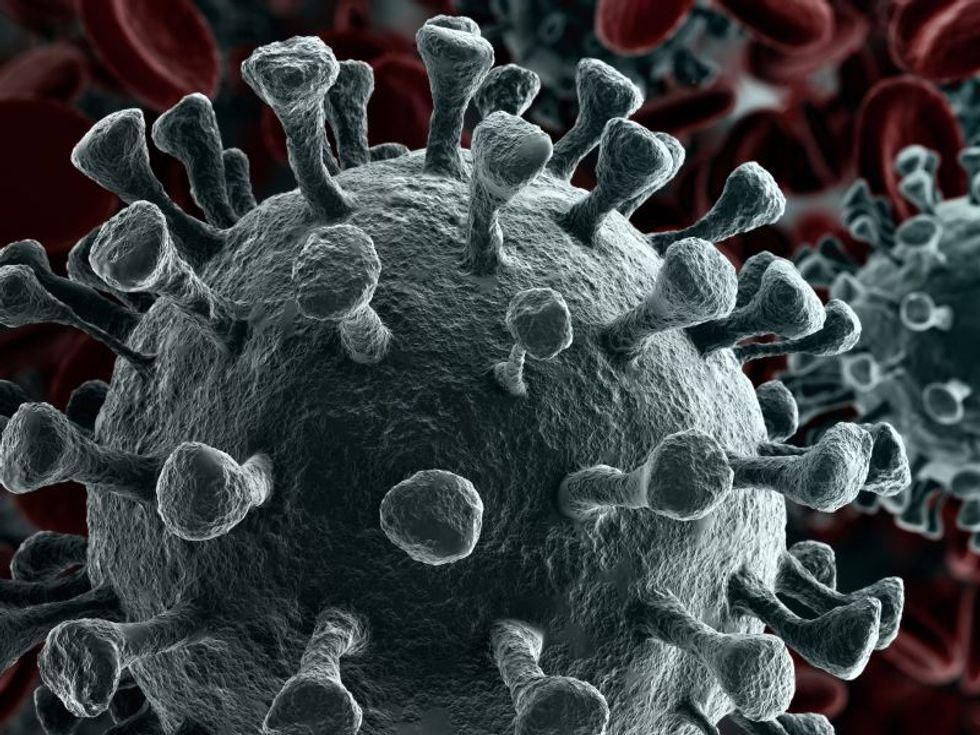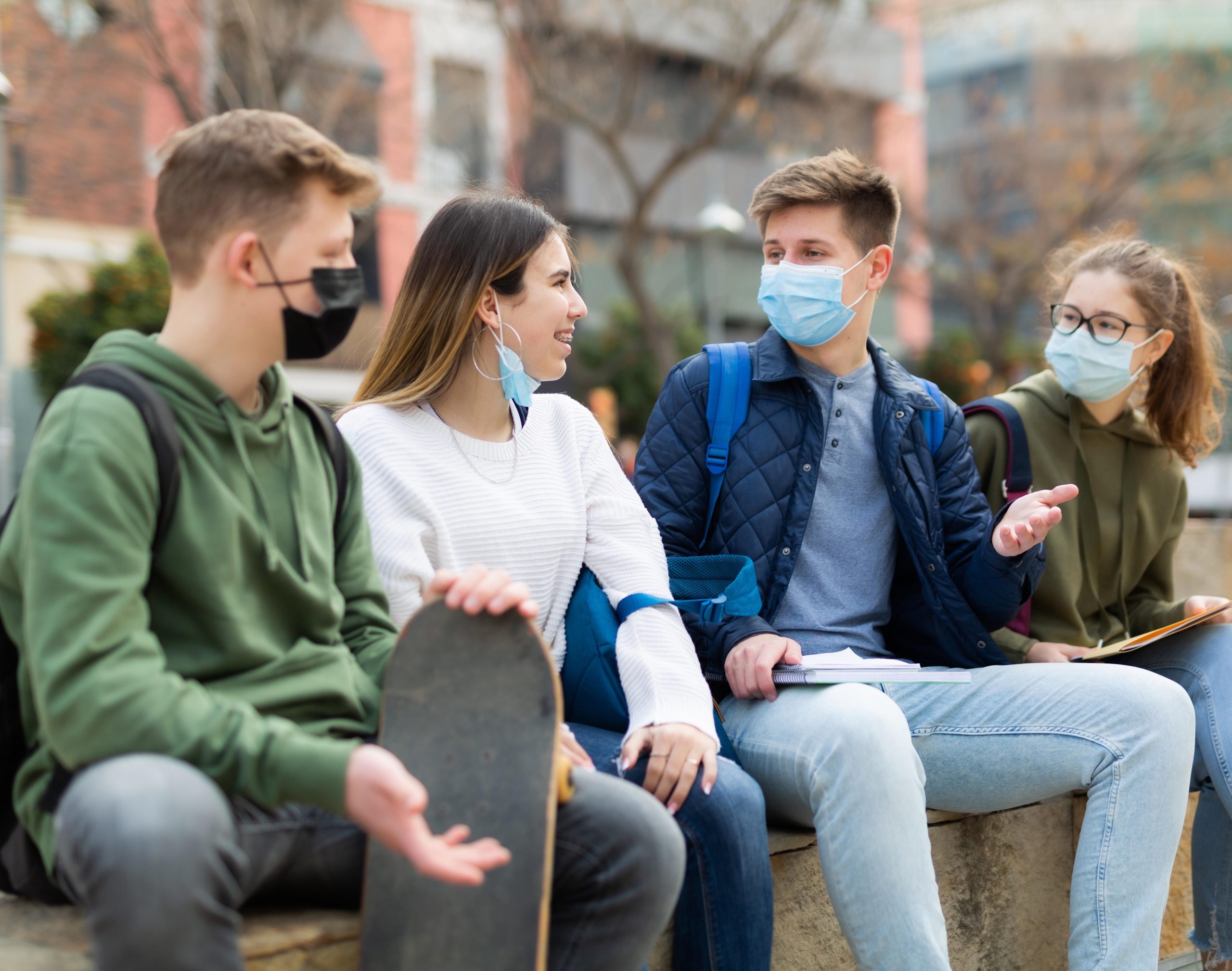
Living through the pandemic has not been easy for kids, but it has really thrown off children who have attention-deficit/hyperactivity disorder (ADHD), new research warns. Though they were not more likely to catch COVID-19, they were more likely to experience symptoms if they were infected. But the damage did not stop there: These children were… read on > read on >






























